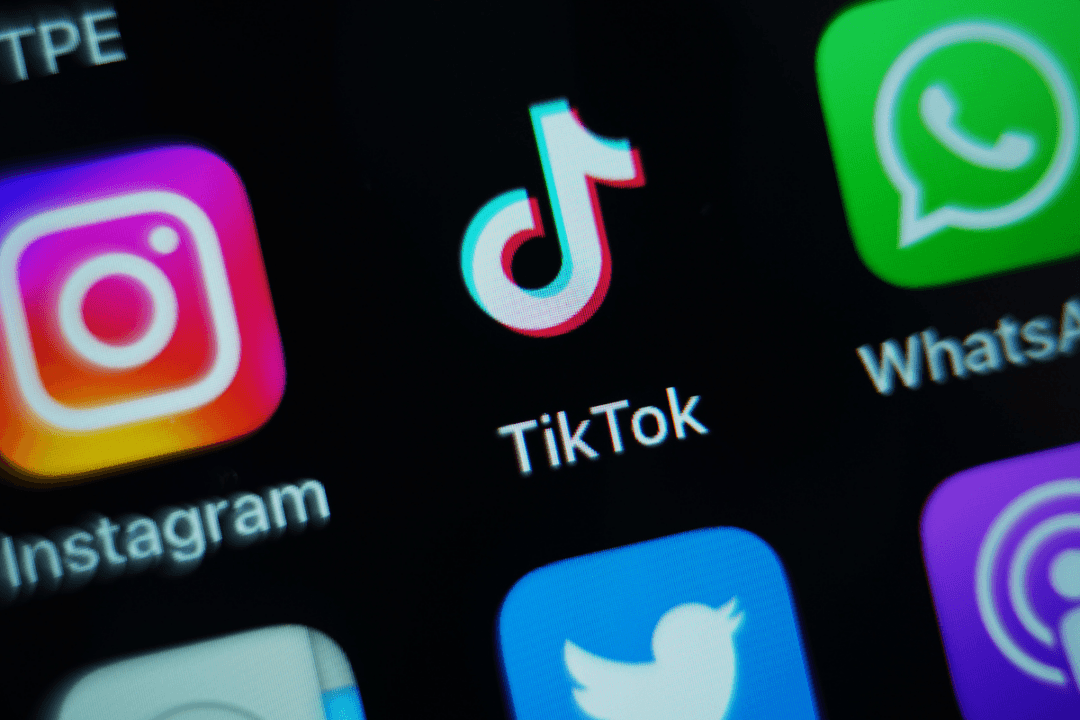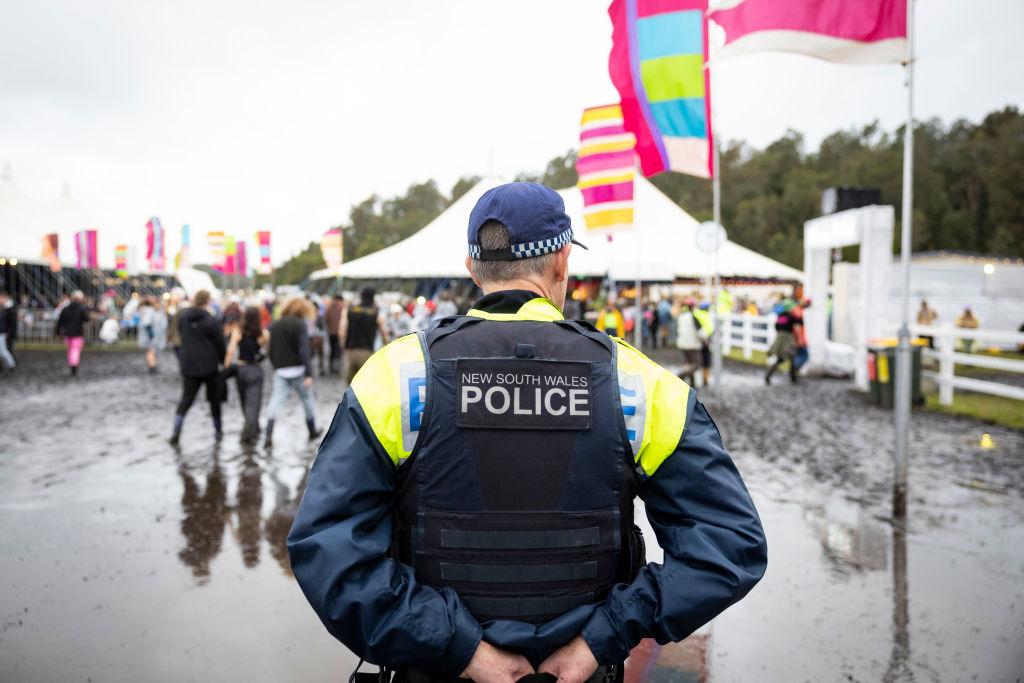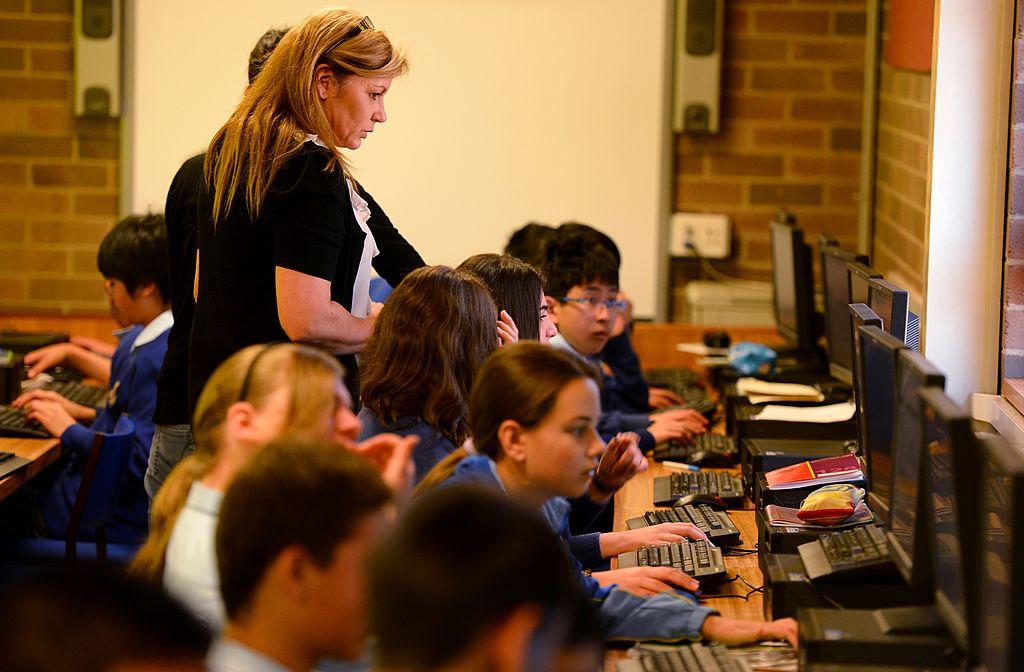Australia is unlikely to follow the United States’ lead in banning TikTok, despite mounting security concerns over the popular social media app.
The short-form video app, owned by Chinese company ByteDance, is one of the fastest-growing platforms worldwide, with over 170 million users in the United States, and 8.5 million users in Australia.





